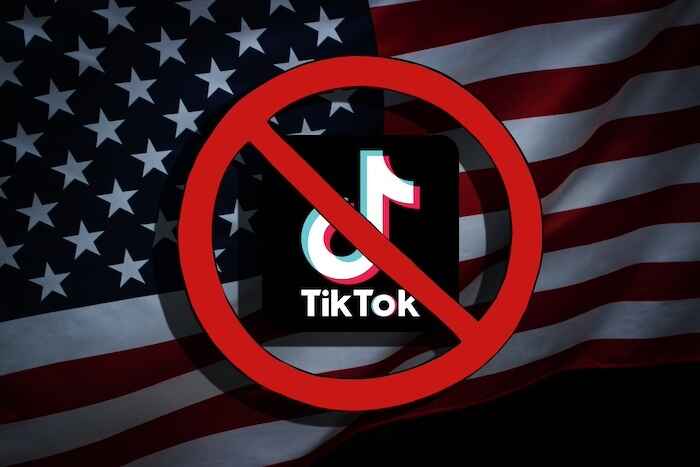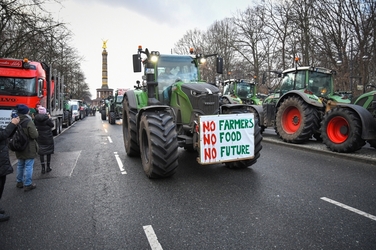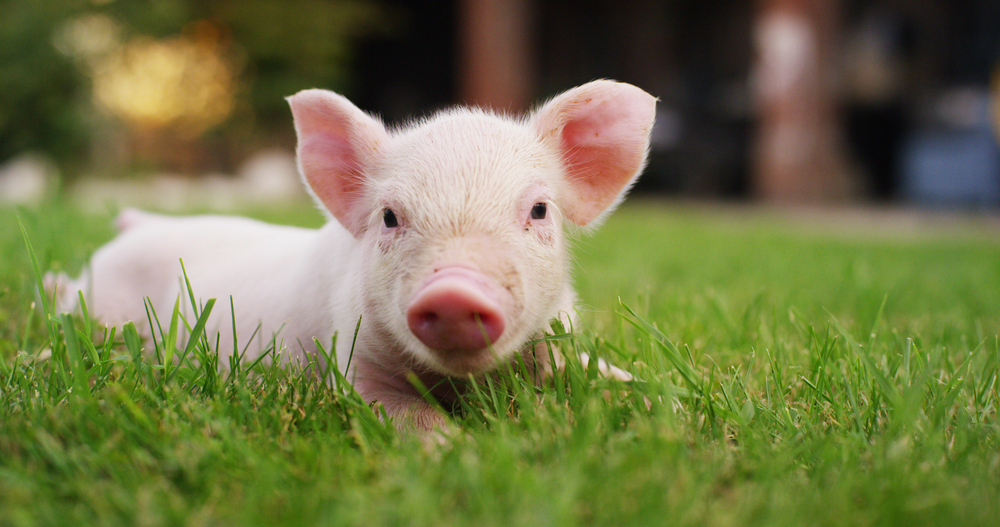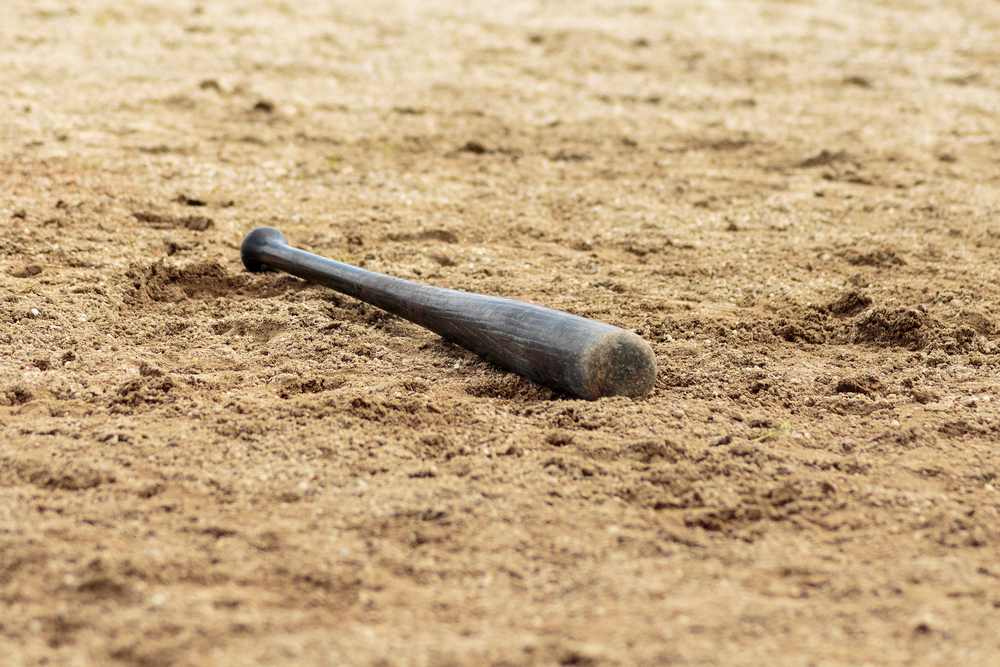Where You Should Invest Your Money Today
Joel Salatin|July 14, 2020
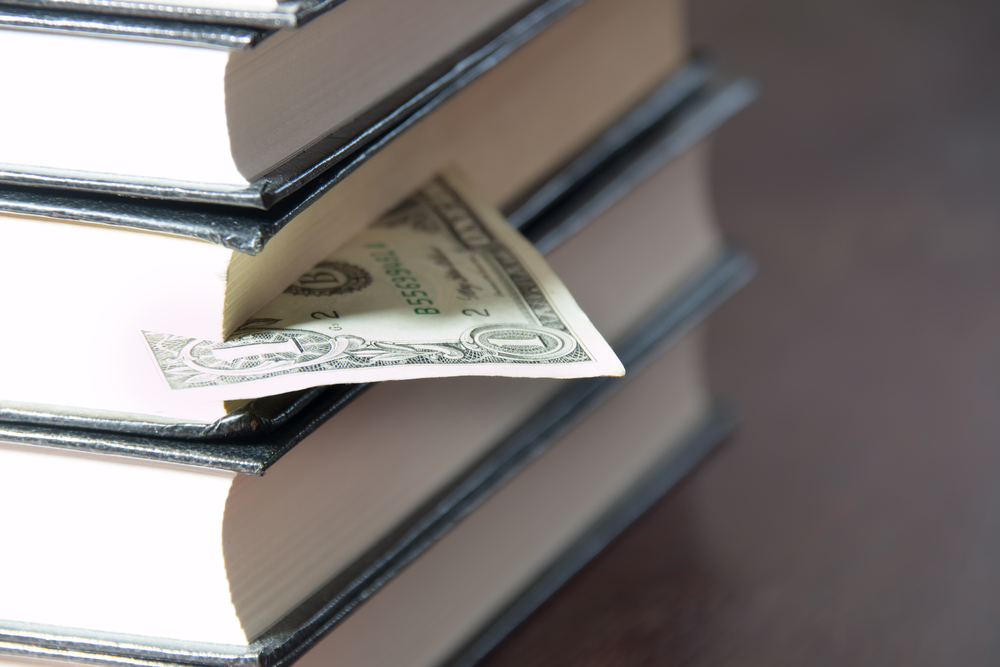
What is going to happen to cash?
Like me, you’re undoubtedly seeing every kind of prediction under the sun.
After all, the government has created $3 trillion to $4 trillion out of thin air in a couple of months… there are continuing hurdles in social norms… and there are the responses from the Fed…
All of these and more weigh on our future.
What if pensions are wiped out? What if cities burn? What if factory farming fails?
Suddenly I’m having many conversations with folks about a troubling future and how to prepare for it. The prepper movement – which launched with Y2K – is certainly alive and well.
And so is its cousin – survivalist culture.
I remember during the Y2K panic, the more extreme advice was to convert cash into usable material: diesel fuel, lumber, food and tools (especially hand tools like hatchets instead of chain saws).
Today’s conversations are similar but more concentrated… not about how to live as barbarians, but how to live without stable money.
Investing for Tomorrow
The funny money flowing out of D.C. is finding a home on Wall Street, but is it real? Will it last?
Many investment gurus admonish us to simply stay the course. Don’t do anything drastic. Stocks always grow and will continue to do so.
But a growing number of people think the stock market will crash to 4,000.
My thinking about all this received an innovative jolt after a lengthy brainstorming session with a lady trying to put together a stable food community. Using the idea of timeshares, she suggested that people should invest in land today in return for lifelong food benefits.
The underlying goal is to trade today’s dollars for tomorrow’s food.
But one of the big problems today is trying to figure out tomorrow’s cash.
For example, I recently agreed to keynote a conference in New Jersey in 2022. When asked about my honorarium, I laughed.
Who knows what relevance today’s dollars will have in 2022?
Yes, I have a rate today, and over my lifetime that rate has changed periodically to reflect not only a loss in buying power but also my own progress in the genre.
But two years out… post-COVID, post-urban looting, post-defunded police departments? Who knows?
We’re in such a time of disruption that it’s hard to know what today’s dollars two years hence might be. Goodness, cryptocurrency aficionados suggest we won’t even have dollars in two years.
It sounds preposterous to stodgy geezers like me, but look how fast cultural changes can happen.
The collapse of support for the Vietnam War, for one…
Just look how fast we’re toppling statues. Minneapolis will soon not have a police department.
So this whole idea of converting today’s cash into something cashless for tomorrow got me thinking.
More Valuable Than Gold
When we think about investing – including buying gold – is there an even better, more solid, more stable something that would hold value into the future?
In other words, if I could convert my cash-tied equity to something more stable and more valuable, what would it be?
Here is my list: skill, information and relationships.
It seems to me that in our consumeristic, materialistic, cash-driven society, we’ve depleted our equity in these three areas.
To be sure, my definition for these three areas is visceral and relatively narrow.
I’m not talking about skill in computer programming, for example. And I’m not talking about information regarding climate change and fake meat. And I’m not talking about relationships on LinkedIn.
My definition involves growing things, fixing things and building things – real things that you can touch, handle, feel… things that do stuff… things that keep rain off your back and food in your belly.
Here’s why I think these three investments will pay off…
Real Equity
SKILL. Building a simple structure. Growing vegetables. Butchering an animal. Canning.
Skill is far more than just knowing something exists… It’s mastery. Mastery requires repetition.
You can’t Google experience. You can’t wait until your life is thrown into disarray to embrace knowing how to do things. You have to practice.
Sometimes we call these hobbies. I don’t care what you call it, but investing in real, practical, dirt-under-the-fingernails skill is valuable because no banker or bankruptcy court can foreclose or repossess your skill.
Craftsmanship holds value. I’m constantly in awe of someone who knows how to do practical stuff. I’m mesmerized by potters, welders and cabinet builders.
I’m a master livestock farmer, chain saw operator and gardener. What about you?
If the wheels came off our culture, do you have practical skills you can barter?
INFORMATION. What do you know? What edible plants currently grow in your yard? If the local pharmacy closed, what herbs would give you relief from pneumonia, aches or burns?
Knowing basic medical care and herbology, knowing how to make tinctures, and understanding the ways of animals are all fundamental knowledge bases for thriving existence.
How about cooking, wiring a house, basic plumbing or milling lumber? I have a massive file cabinet with some 600 categories of interest. How to grow potatoes in a vertical garden… how to make a dry-laid stone wall… how to build an earth-sheltered Chinese greenhouse.
I may not know how to do everything skillfully, but I’ve amassed a lifetime of information and categorized it in a hard copy paper file to be accessed when necessary.
I buy self-reliance, food preparation and preserving books. A person with information has a much better chance of making it through tough times.
Do you collect information?
RELATIONSHIPS. Oh boy… this is tough. Psychologists say if you have two really close friends, you’re doing very well. We all have lots of acquaintances, but who would you call at 2 a.m.? (Assume 911 isn’t working.)
Surrounding ourselves with loyal, unconditional friendships with skills and knowledge complementary to our own is absolutely one of the best investments you can ever make.
If each of us would live today in a way that brings more people to our funeral, what would that do to the way we interact with people?
In tough times, would you rather go through it alone or holding hands? I’ve never had anybody tell me “alone.” No, we want a hand to hold.
So develop relationships with food providers (farmers), mechanics, builders, gardeners, culinary experts and herbalists. I don’t mean just business alliances. I mean invest your time, money and emotional support.
I am convinced that if I converted my whole cash portfolio into these three areas, I would not be worse for the wear.
If good times roll, it’s still a great investment.
If good times come to a screeching halt, I’ll have real-time equity.
Do you agree with Joel’s investments? How do you invest your time and money for peace of mind? Let us know your thoughts at mailbag@manwardpress.com.

Joel Salatin
Joel Salatin calls himself a Christian libertarian environmentalist capitalist lunatic farmer. Others who like him call him the most famous farmer in the world, the high priest of the pasture, and the most eclectic thinker from Virginia since Thomas Jefferson. Those who don’t like him call him a bioterrorist, Typhoid Mary, a charlatan, and a starvation advocate. With a room full of debate trophies from high school and college days, 12 published books, and a thriving multigenerational family farm, he draws on a lifetime of food, farming and fantasy to entertain and inspire audiences around the world.


